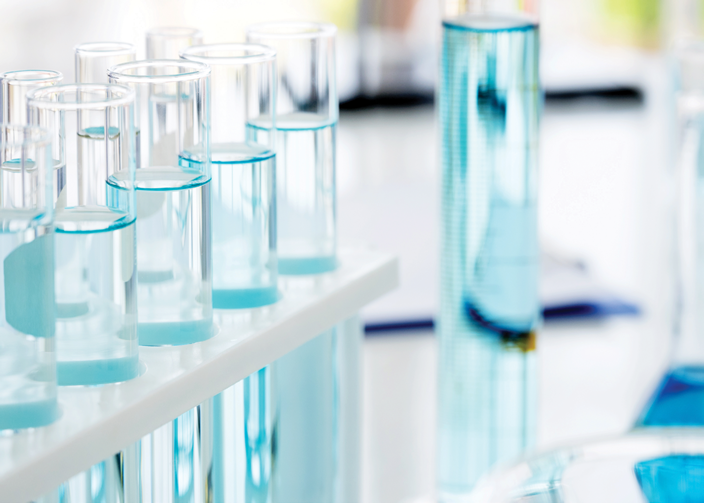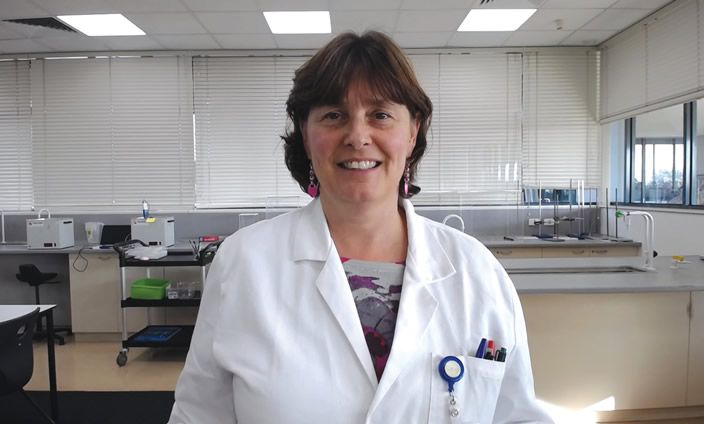
School science laboratories are places of wonder and excitement for students of all ages and stages. It is exciting to see the dawning of comprehension as a practical application of the science curriculum falls into place. School laboratories are places where constant change and the evolution of technology and new understandings of the natural world transform student learning.
Laboratory technicians are critical to a vibrant and engaging delivery of curriculum. Technicians have specific knowledge and skills that enhance a teacher’s capacity to enliven what some students can find “a bit dry”. If talking about forces during a physics lesson has students losing focus, then going onto the oval to see a metal rubbish bin ripped apart in an explosion with just some water and dry ice (subject to strict risk assessment of course) gets their attention back, asking questions. Looking through a microscope at the incredible alien looking life forms found in stagnant water, gives them a chance to engage in biological concepts that are happening in many of the cells in their own bodies. The laboratory technician researches the experiments, does risk assessments, trials the experiments and often demonstrates or helps students access the activity.
IEU members, Kim Tynan and Shane Critchley, share their experiences of the complex, varied and interesting role that helps bring science to life for students.
Evolving technologies
Kim Tynan (pictured below) is the Laboratory Manager at Carey Baptist Grammar School in Kew, Melbourne. She talks of her journey to become a school laboratory technician and explains how with technology moving so quickly, challenges and opportunities abound.
“After completing a degree in Applied Science, I went on to do a PhD in plant pathogen interactions and completed research in this field for several years both in South Australia and Western Australia. I started a family and decided to stay at home while they were young. When I chose to continue my working life, part time research positions in my field here in Melbourne were difficult to find and not easy to fit around a young family, so I launched into being a school lab technician.
“Over the years the introduction of technology into the workplace has changed the way we do things, mostly for the better. We now do a lot more reporting, undertake risk assessments for every practical we prepare and that the students complete. Equipment audits are logged, chemical databases updated annually. Computers have allowed these tasks to be done more efficiently and repeated easily.













































































































































